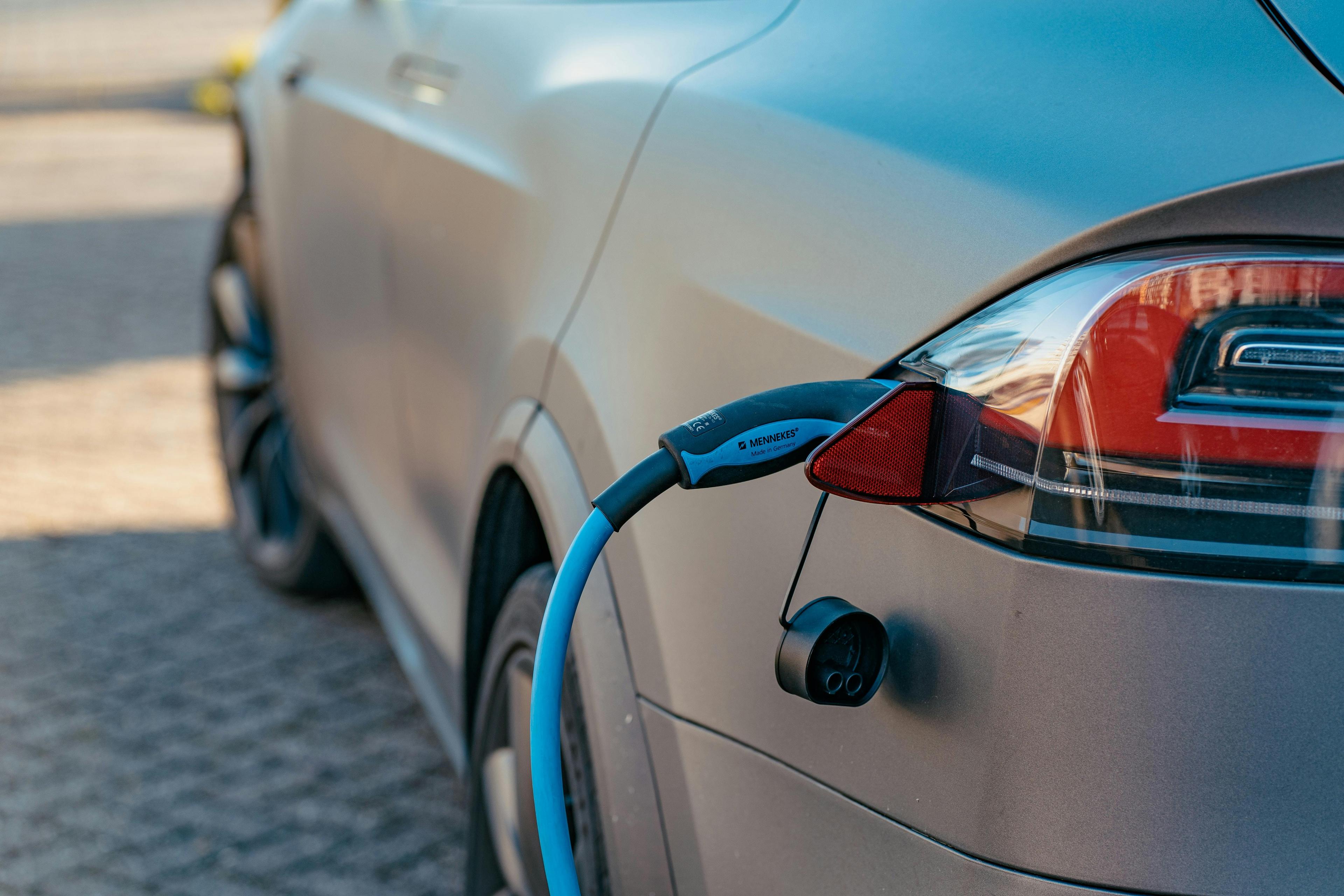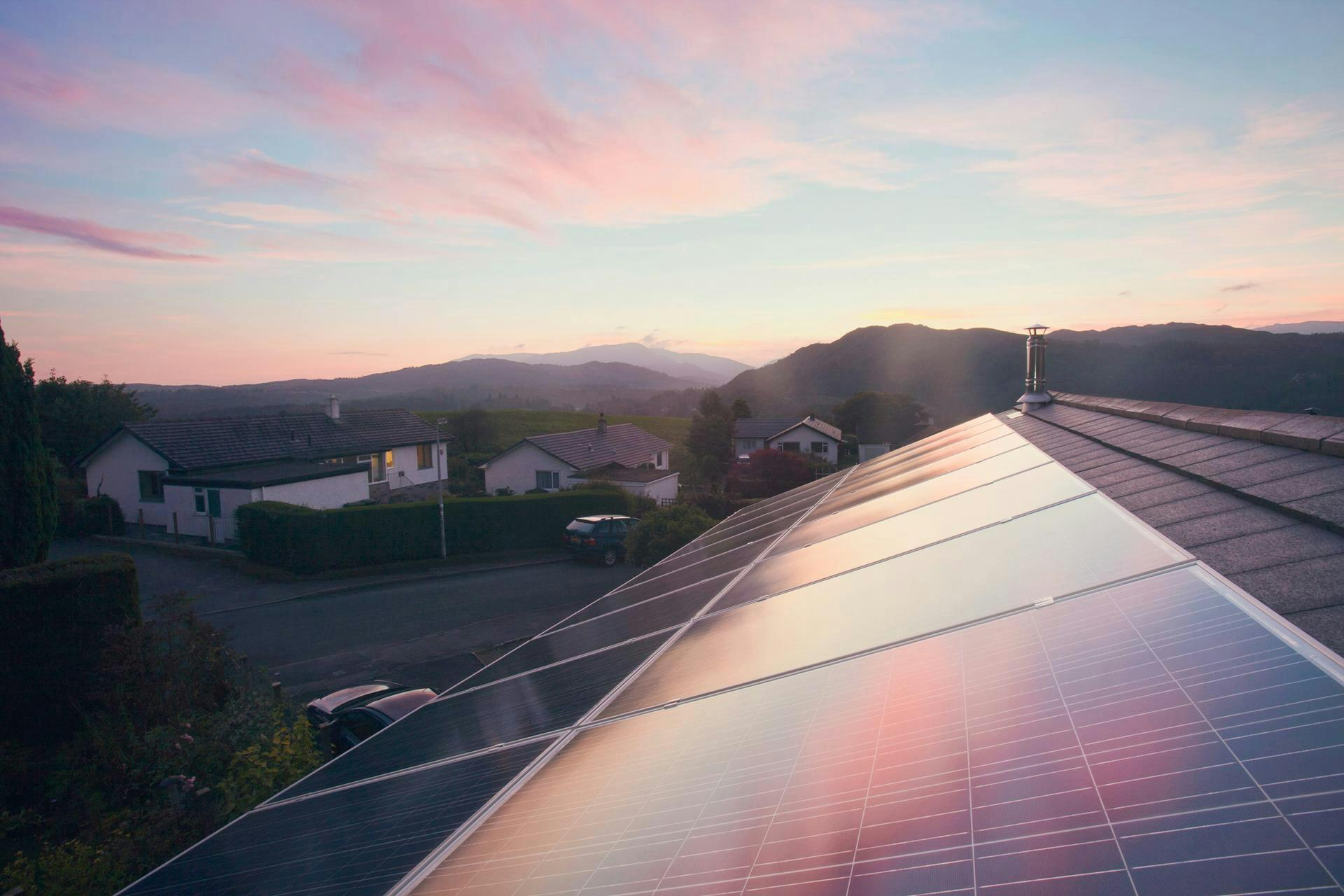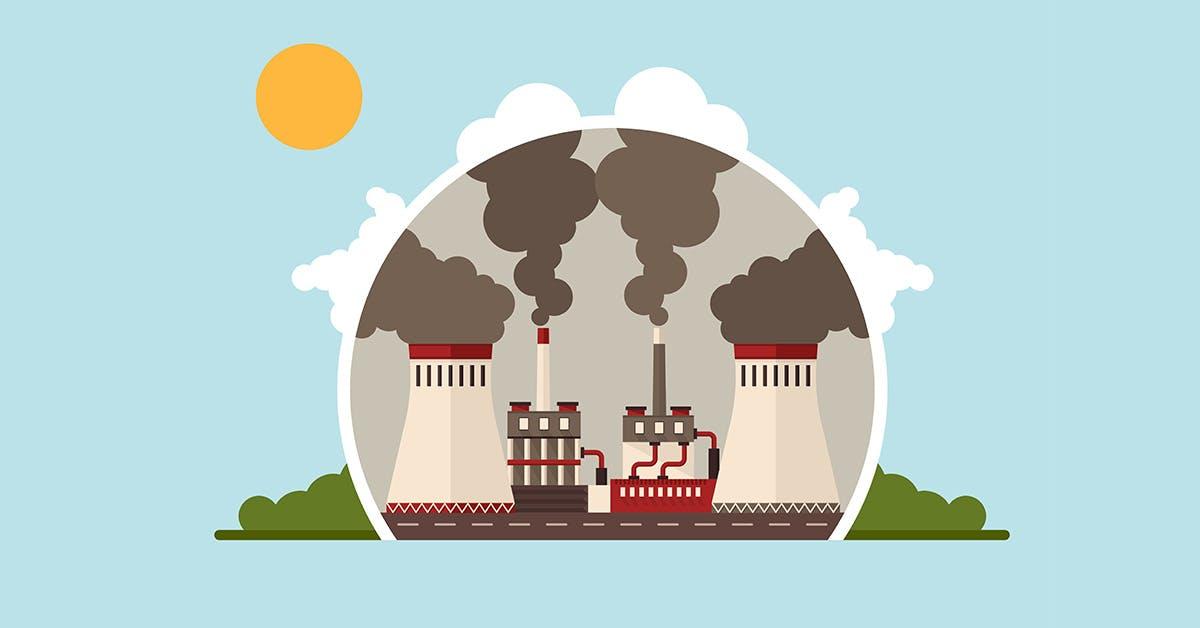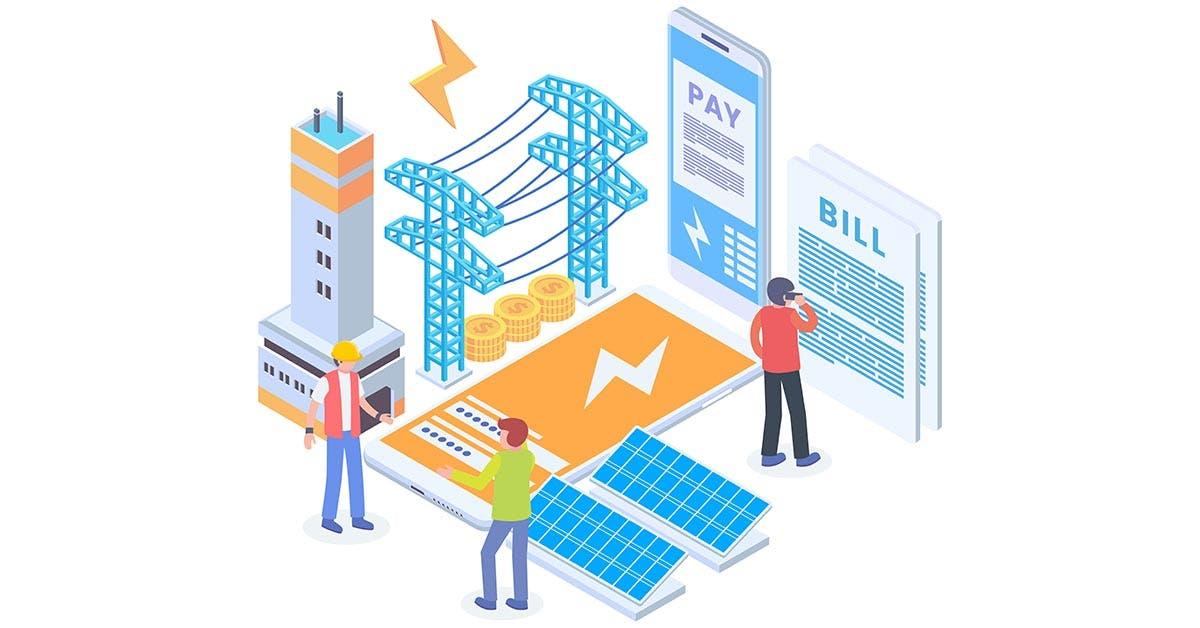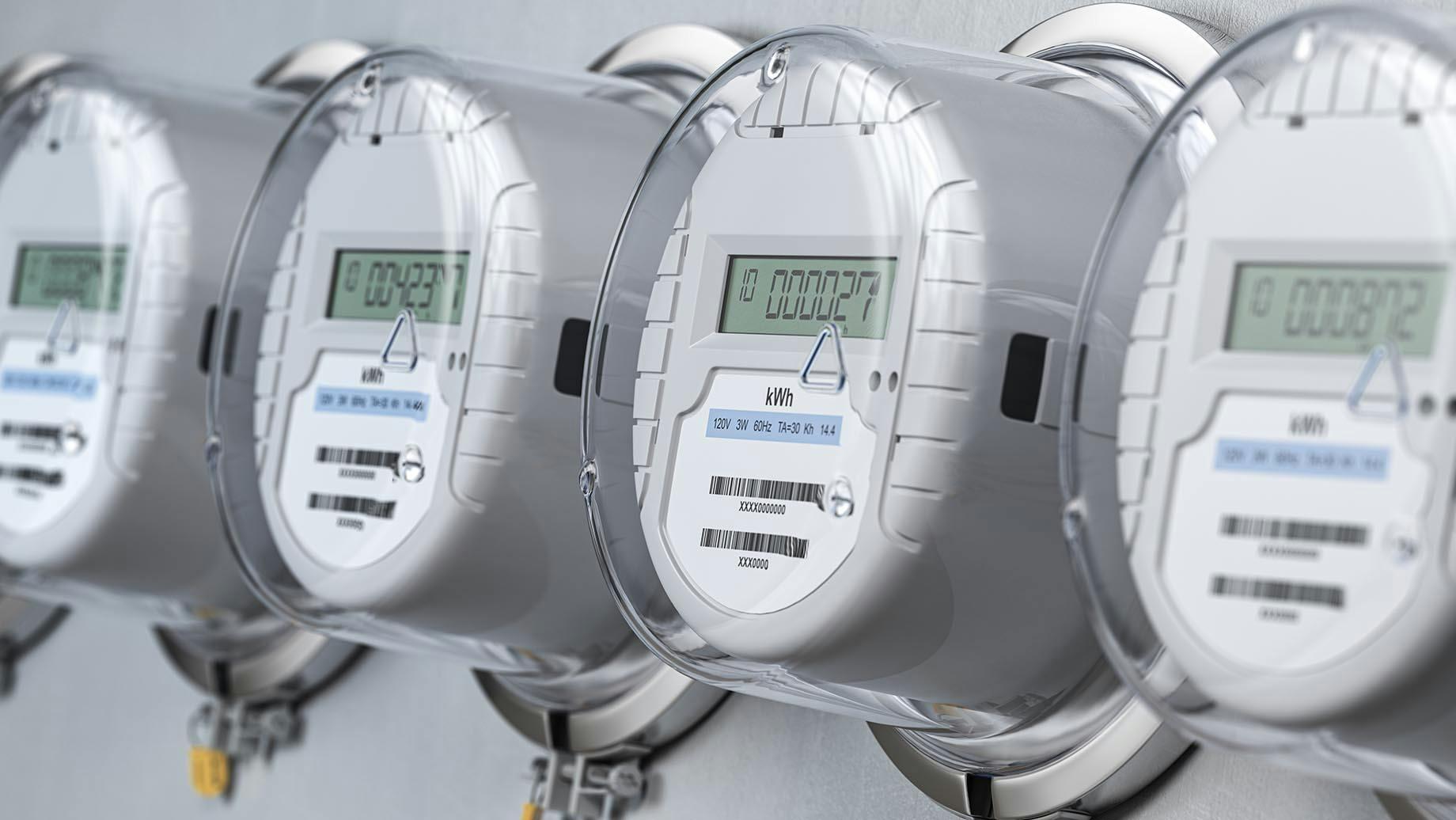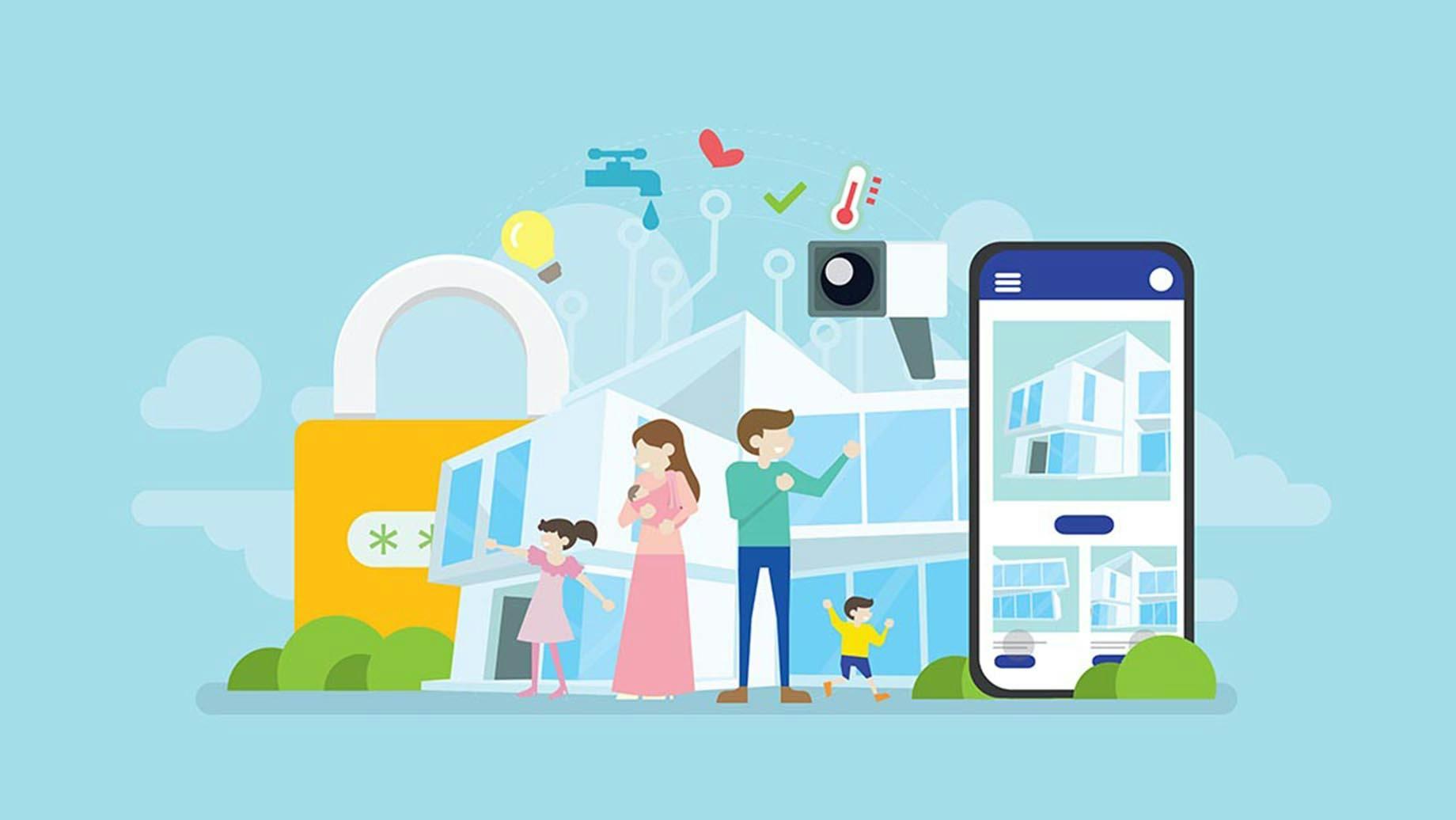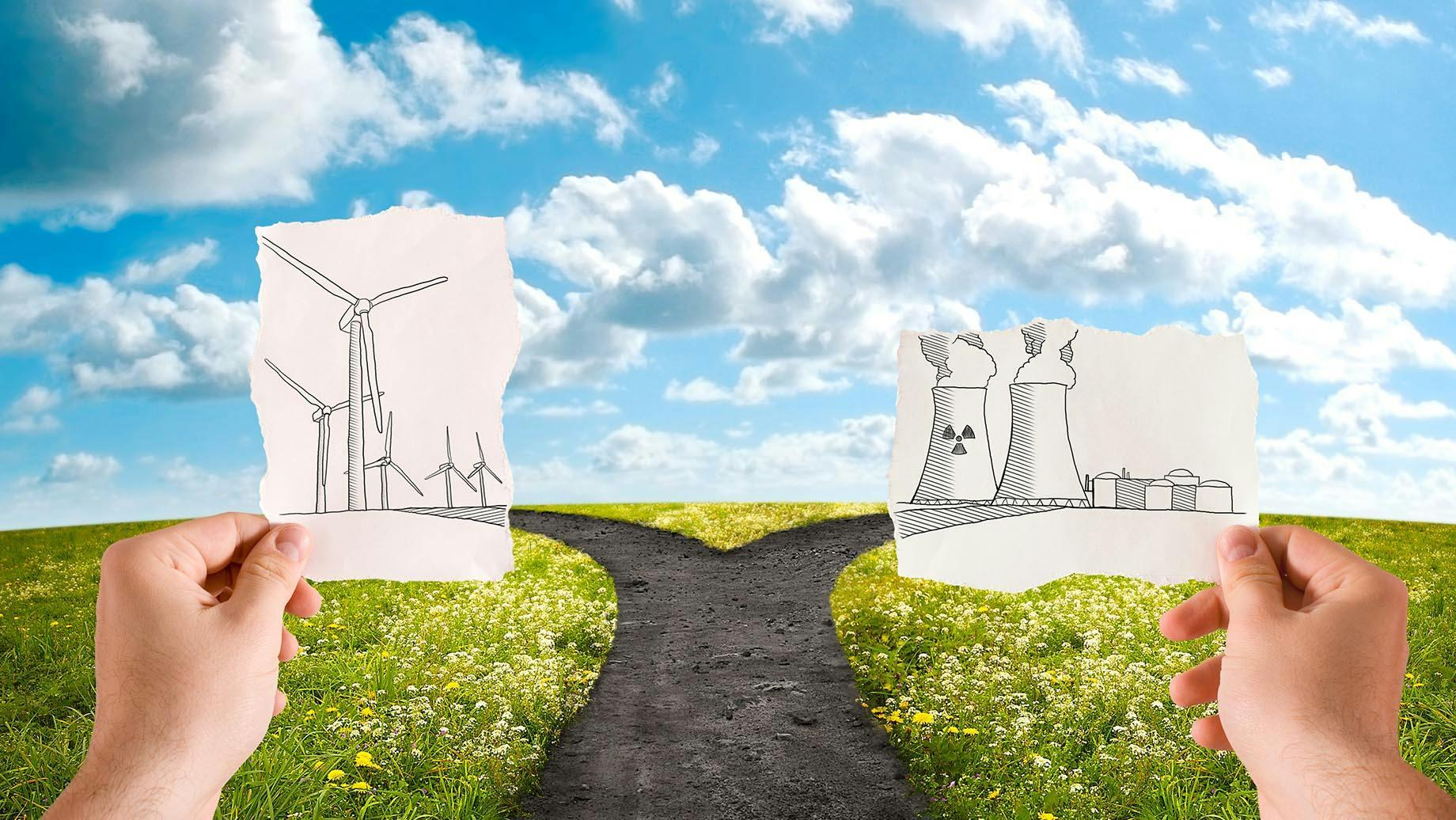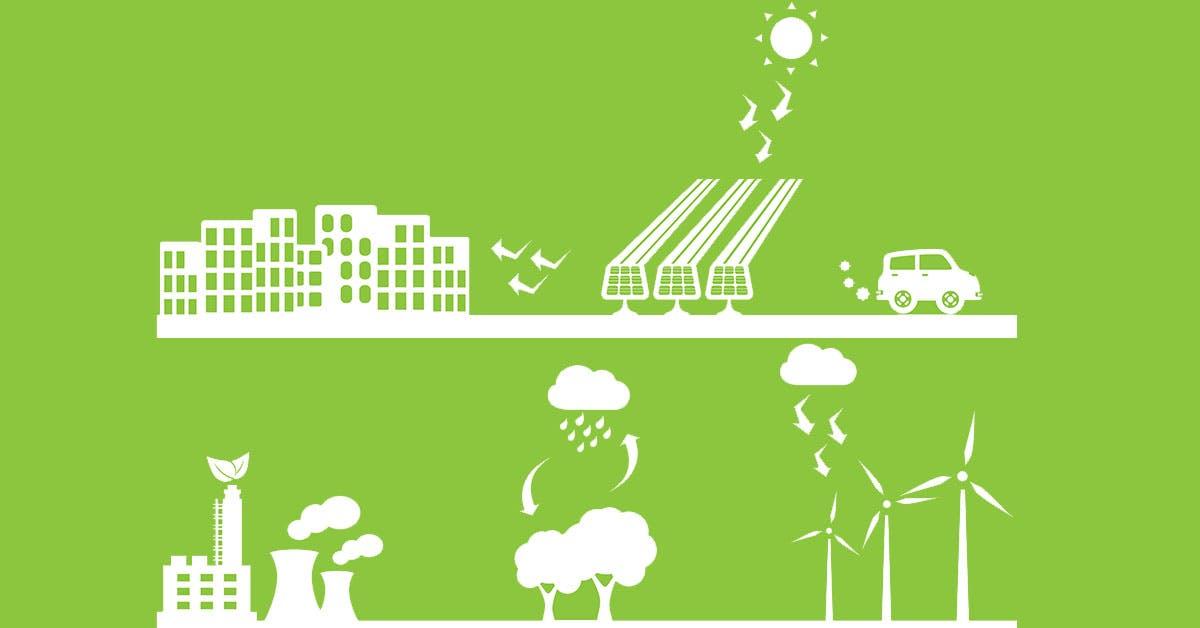
How to Live Sustainably
Inspire Clean Energy
9 min read
category: Sustainable Living
Don't worry about climate change— do something about it.
Our clean energy plans are the easiest way to reduce your home's carbon footprint.
Switch to clean energyEvery day we make choices that affect the environment and its inhabitants. From the clothes on our back and the food we eat to how we travel to work, every decision we make impacts the planet. The current generations are the most environmentally conscious in history, but there’s still much more to be done.
If you’re wondering how to live a more sustainable lifestyle, we’ve put together a list of some easy ways to make responsible choices every day.
What is sustainable living?
Sustainable living is the practice of reducing our demand for natural resources by making a few small daily changes. Someone who wants to live more sustainably might avoid products made using unsustainable practices or think more carefully about how they eat, drink and use daily products.
What does it mean to live sustainably?
Sustainability doesn’t have to involve huge, life-changing decisions. It means something different to each individual. The primary purpose of living sustainably is to cause minimal harm to the environment and its inhabitants.
Living sustainably simply involves a little more thought about our diets, what kind of toiletries and cosmetics we use, and how much waste we create in general. Once we’re aware of these things, it becomes a little easier to implement some positive changes.
What are some examples of sustainable living?
One of the first things people tend to focus on when they first decide to live more sustainably is single-use plastic. Plastic bottles, bags, coffee cups, cutlery and fresh produce wrappers are all non-recyclable. This means that they will most likely end up in a landfill, where it will produce methane that contributes to CO2 emissions. While it may seem like a harmless act, buying plastic shopping bags for your groceries indirectly causes a lot of damage to the environment, so single-use plastic is often the first to go.
The same goes for beverages; water bottles, soda bottles and, even coffee cups are primarily made of plastic that we can’t recycle. So investing in a tote bag instead of shopping bags and a thermos or water flask can hugely reduce your personal carbon footprint. And if you love the taste of filtered water or live in an area where the water isn’t the cleanest, invest in your own water filter jug and drink to your heart’s content!
After single-use plastic, it’s good to look at how we use water in our daily lives. We may be inclined to take longer showers than necessary, boil a full kettle when we only need enough for a cup, and so on. The idea of using less water may seem daunting, but there are plenty of ways to get started:
- Try reusing water when you cook rice, pasta, potatoes - anything starchy. If you’re a plant lover, let your starchy water cool and feed it to your plants. Just make sure the water is free of salt and stock!
- If you have a dishwasher, fill it up and use it! It’s far more efficient than washing your dishes by hand.
- Use a washing-up bowl and turn off the tap. This can save up to nine liters of water every minute!
What are simple tips and tricks to living sustainably?
Here are some easy ways you can live sustainably without having to make big changes in your life:
- Bring a keep cup when you go to a cafe to avoid relying on single-use plastic cups.
- Go paperless. While many banks, governments and institutions now only send out correspondence via email, there are still some companies that send out bills by paper. You can often request a paperless option and save paper waste easily.
- Cut down on red meat. The climate impact of meat is the equivalent of all vehicles on the globe1. Forests are destroyed during industrial meat production, and billions of tonnes of carbon dioxide are released into the atmosphere. Red meat is also a huge proponent of methane emissions, and the overfarming of cattle is one of the biggest causes of environmental damage out there.
- If you wear make-up, buy a pack of reusable face wipes instead of using single-use cotton wipes. They’re cheaper and involve much less waste!
- Try forgoing public transport and walking or cycling where possible. This helps reduce car emissions and provides an opportunity to get some exercise.
- Cook and bake your own food as much as possible. This will mean you’ll know what ingredients go into each meal, and it’ll also reduce the packaging you use as you won’t be buying pre-packaged ready meals or snacks.
- When buying products, keep an eye out for palm oil in the ingredients. Palm oil is a major driver of deforestation in some of the Earth's most biodiverse forests, rendering already endangered species homeless and often killing them. Many people try to avoid palm oil, but this can be tricky as it’s such a common ingredient in foods, drinks, toiletries and cosmetics.
- Check that your utility provider uses renewable energy, and if not, switch. You can now switch to a plan or company in most areas that can provide you with a green energy plan. We offer our customers 100% clean, renewable energy, which drastically helps reduce their carbon footprint. Click here to find out more about our clean energy plan.
- Remember to unplug electronics from ports overnight. Phone chargers, TVs and kitchen appliances still use energy, even when we’re not using them, so it’s worth saving that little energy.
- Reuse tins, jars, glass bottles and Tupperware containers.
- Carry a foldable tote bag to the grocery store, so you don’t need to buy plastic bags (they take hundreds of years to decompose and usually end up at the bottom of the ocean!)
- Shop locally. It can save from taking public transport and supports produce with low air miles. In other words, you’re paying into an industry that supports products that haven’t been shipped halfway across the world, thus reducing your carbon footprint as a consumer.
Is sustainable living possible?
Sustainable living is certainly possible. As we’ve learned, sustainability doesn’t have to involve never enjoying the small, daily pleasures ever again. Rather, it involves thinking a little more about the food, drink and energy we consume, how we travel and whether we’re able to replace the resources we deplete.
Why do we need to live sustainably?
Right now, many of us use energy and create waste at an unsustainable rate. This results in pollution and climate change, harming ourselves, the environment and its wildlife. By implementing a few small changes to our lifestyles, we can reduce our personal carbon footprints and tackle these issues.
What are the benefits of sustainable living? Of course, the most obvious benefit of living sustainably is that you’re less responsible for causing daily damage to the environment. Your carbon footprint is reduced, and you know you’re doing your bit to preserve the planet for the sake of future generations, animals and their natural habitats.
Aside from the environmental positives, sustainable living also provides a handy opportunity to live healthier. By avoiding public transporting and walking or cycling where possible, you’re likely increasing your daily amount of exercise. By carefully considering the ingredients in our food, we’re more likely to make healthier choices.
In short, sustainable living is healthier, cheaper, and the most responsible choice for the planet.
10 Ways to Start Living Sustainably Today
- Save energy: switch to energy-efficient light bulbs and turn off appliances when you’re not using them.
- Buy fair trade products to support fair wages for farmers and a higher quality of products.
- Recycle and reuse whatever you can. Once you get into the habit, it becomes second nature.
- Eat less meat, particularly red meat. Even just having one meat-free day is a great way to start. Also, consider buying local meat from small farmers, as their meat is often produced more sustainably.
- Ditch single-use make-up removal wipes. Muslin cloths and similar reusable cloths are a much better option, and many are made from natural products.
- Think twice before getting express shipping online: the difference between express and regular shipping is usually only a few days, so be patient if you can!
- Reduce your food waste by cooking in bulk and eating only what you need. If you make too much, put the leftovers in the fridge for a healthy snack or lunch the next day.
- Use a dishwasher instead of handwashing. This is an area where it definitely pays to be lazy!
- Consider using soap, shampoo, and conditioner bars. If you don’t like the idea of using a bar, look for zero-waste liquid soap alternatives.
- Start composting if there’s a composting center within walking distance or if you have a large enough yard. It’s a great way to fertilize your garden!
Using clean, sustainable energy is a financially accessible way to live more sustainably, plus it’s as impactful if not more impactful than many of these small daily changes. Supporting clean energy for a year can help you prevent a whopping 8,000 pounds of fossil fuels from being burned into the atmosphere. And although switching to clean energy takes minutes, you’ll be making an impact that can last a lifetime.
At Inspire Clean Energy, we know that making a positive impact on the planet is important, and we’re proud to make that easy for our customers. When you choose Inspire as your utility provider, you’re making a change for the planet and its people. You’re helping us increase the amount of clean energy on the grid and reduce our reliance on fossil fuels. Click here to make the switch today.
Sources:
Footnotes
-
greenpeace.org.uk/news/why-meat-is-bad-for-the-environment/ ↩
Don't worry about climate change— do something about it.
Our clean energy plans are the easiest way to reduce your home's carbon footprint.
Switch to clean energy
Inspire Clean Energy
We're on a mission to transform the way people access clean energy and accelerate a net-zero carbon future.
Learn more about Inspire →Explore more
Recent Posts
Top Articles



